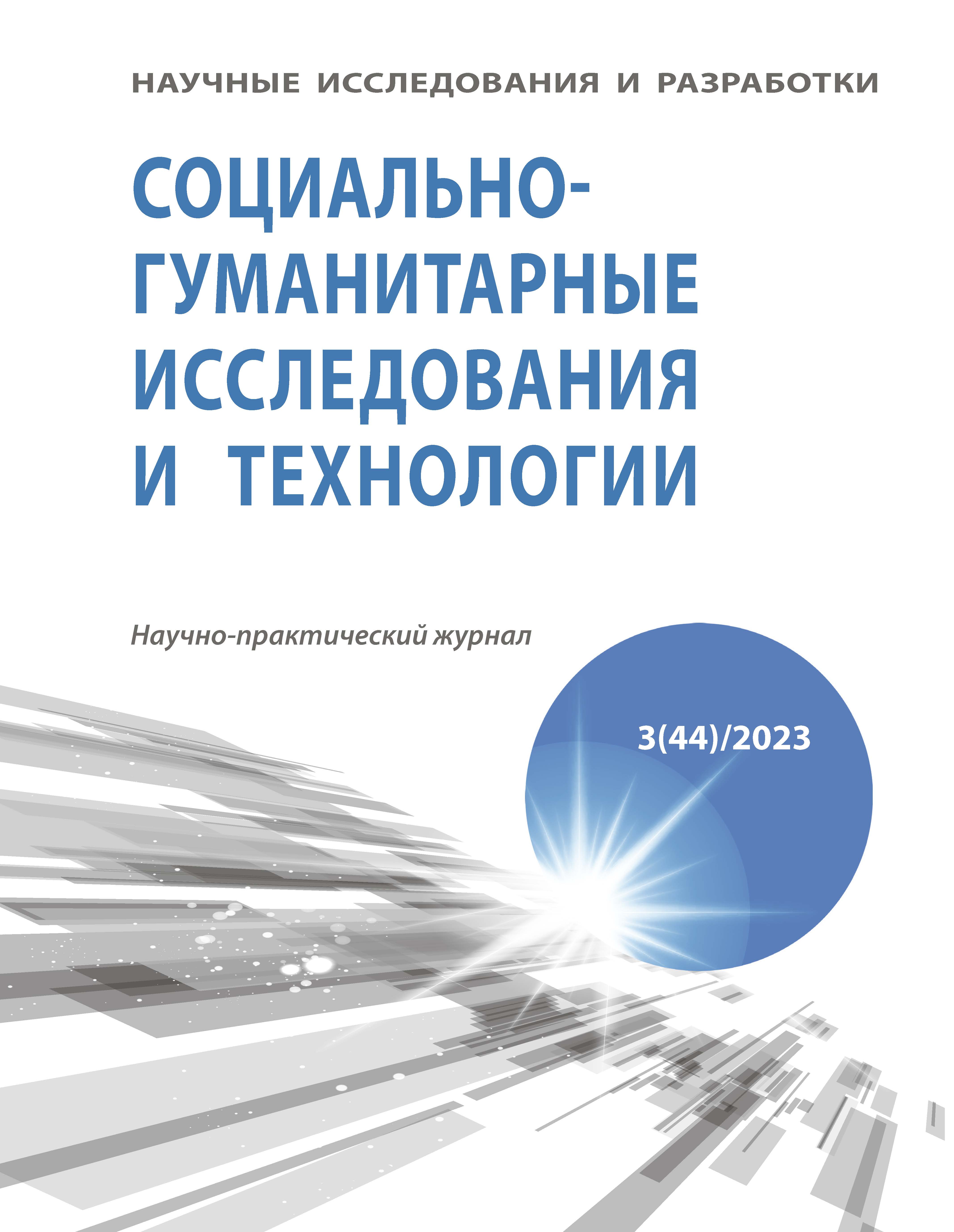School-Gymnasium no. 6 named after Abai Kunanbaev of the city of Stepnogorsk (Teacher of Biology)
Russian Federation
This paper examines the form of teaching metacognitive skills in the teaching sphere in a secondary school, and studies methods for assessing the formation of these skills in relation to academic success. The author identifies the specifics of methods for assessing the formation of these skills as component for the formation of competencies in students. Teaching these skills is considered as part of the modern educational process and a factor in the formation of academic success. In this context, the object of the study is metacognitive skills, and the subject is the relationship of methods for assessing these skills with academic success. Metacognitive skills are characterized as components of universal competencies, as well as an educational conception for the formation of educational competencies in teaching and competence in professional activity. The author attempts to study the relationship of the level of metacognitive skills with academic success and its significance in the learning process.
metacognitive skills, academic success, social success, diagnostics, assessment of formation, educational results, educational process, training
1. Zhoroeva A.R. Podgotovka uchaschihsya k kompetenciyam i navykam HH1 veka // Bol'shaya Evraziya: razvitie, bezopasnost', sotrudnichestvo. 2020. №3-2. S. 820-822. EDN: https://elibrary.ru/SNLDHV
2. Bakurova O. N., Puzanova E. D. Formirovanie navykov «Soft skills» u uchaschihsya starshih klassov s razlichnym urovnem metakognitivnyh znaniy i navykov // Mir nauki. Pedagogika i psihologiya. 2019. №6. S.1-12. EDN: https://elibrary.ru/BQWPKL
3. Belenkova Yu. S. Obuchenie metakognitivnym navykam i metody ocenki ih sformirovannosti // Gumanitarnye, social'no-ekonomicheskie i obschestvennye nauki. 2015. №3-2. S. 20-22. EDN: https://elibrary.ru/TRKEWR
4. Kincel' A. E. Vnedrenie modeli formirovaniya metakognitivnyh navykov u obuchayuschihsya v reshenii uchebnyh zadach kak faktora ih akademicheskoy uspeshnosti / A. E. Kincel' // Rebenok v sovremennom obrazovatel'nom prostranstve megapolisa : Materialy IX Vserossiyskoy nauchno-prakticheskoy konferencii s mezhdunarodnym uchastiem, Moskva, 08 aprelya 2022 goda. - Moskva: Izvestiya instituta pedagogiki i psihologii obrazovaniya, 2022. - S. 136-144. EDN: https://elibrary.ru/EKZFOU
5. Kincel' A. E. Metakognitivnaya harakteristika obuchayuschihsya i ih akademicheskaya uspeshnost' / A. E. Kincel' // Nauka. Upravlenie. Obrazovanie. RF. - 2022. - № 4(8). - S. 76-83. DOI: https://doi.org/10.56464/2713-0487_2022_4_76; EDN: https://elibrary.ru/VRKDGY
6. Afanas'ev V.V., Vorovschikov S.G., Rezakov R.G. Praktika pozitivnoy socializacii detey, podrostkov i yunoshestva: format integracii resursov obschego i dopolnitel'nogo obrazovaniya stolichnogo megapolisa // Iskusstvo i obrazovanie. 2020. № 4 (126). S. 160−167. EDN: https://elibrary.ru/SYNNRP
7. Ishmuratova Yu. A., Potanina A. M., Cyganov I. Yu., Morosanova V. I. Nekognitivnye prediktory akademicheskih dostizheniy v razlichnye periody obucheniya // Vestnik MGOU. Seriya: Psihologicheskie nauki. 2019. №3. S. 25- 40.(da DOI: https://doi.org/10.18384/2310-7235-2019-3-25-40; EDN: https://elibrary.ru/FAUYEW
8. Shapovalova O. N., Efremova N. F. Formiruyuschee ocenivanie kak tehnologiya razvitiya uchebnoy samostoyatel'nosti shkol'nikov // Pedagogika. Voprosy teorii i praktiki. 2020. №1. S. 1-8. DOI: https://doi.org/10.30853/pedagogy.2020.1.1; EDN: https://elibrary.ru/EDOFBO
9. Belonozhko P.P., Belous V.V., Karpenko A.P., Hramov D.A. Instrumental'nye sredstva dlya avtomatizirovannoy kolichestvennoy ocenki metakompetenciy uchaschihsya. Obzor // Mashinostroenie i komp'yuternye tehnologii. 2015. №10. S. 9-42. DOI: https://doi.org/10.7463/1015.0821623; EDN: https://elibrary.ru/VDRGVV
10. Shkerina L. V., Berseneva O. V., Zhuravleva N. A., Keyv M. A. Metapredmetnaya olimpiada dlya shkol'nikov: novyy podhod k ocenivaniyu metapredmetnyh universal'nyh uchebnyh deystviy obuchayuschihsya // PNiO. 2019. №2 (38). S. 1-18.






